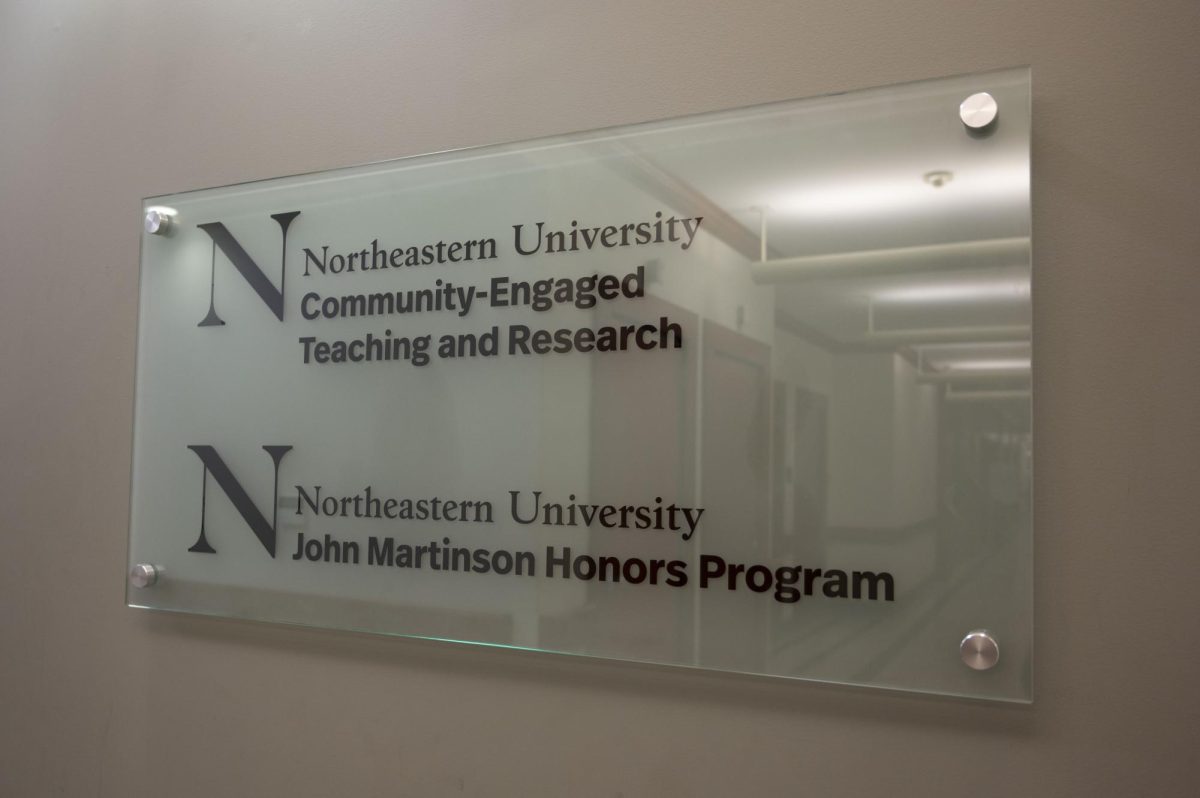Northeastern has a tuition problem. This has long been evident to most Northeastern students, but the urgency of the issue was highlighted by the White House’s new College Scorecard, which analyzes the true costs of attending institutions across the nation. To be blunt, Northeastern got an F.
The scorecard found the average net cost of attending Northeastern is $32,493 per year, which ranks on the high end of “High.” This is compared with $18,277 for Harvard University, which is just above average. Even more concerning is that Northeastern graduates have an average $287.70 monthly federal loan payment, compared with $88.61 for Harvard. The only encouraging statistic is that only 3.5 percent of graduates default on federal loans, well below the national average of 13.4 percent.
In a country burdened by high tuition costs, Northeastern’s are among the highest. Unfortunately, the solution is not as simple to identify as the problem. Northeastern is a growing school. The value of a Northeastern degree increases every year as the university skyrockets in national rankings. This growth isn’t possible without considerable financial investments.
It is unfair to compare Northeastern to Harvard or other well-established institutions. Brand-name schools like Harvard have the advantage of a high endowment, while Northeastern, because of where it is in the process of its growth, has an endowment problem. According to US News and World Report, Northeastern’s endowment is approximately $601 million – that’s roughly $47,600 per undergrad. Compare this with Harvard’s $32 billion endowment (well over $6 million per undergrad), and you see why Northeastern lags so far behind on the College Scorecard.
A credit rating report from Moody’s Investors Service released last August, noted that Northeastern has a fundraising problem. This is typical of the university’s situation. For most of its history, Northeastern was a commuter school. With few exceptions, it failed to produce deep-pocketed alumni that can support the school. Hopefully as Northeastern grows this will change, but until then, as the Moody’s report noted, Northeastern is dependent on tuition, which accounts for 80 percent of its operating costs.
This leaves the university with two immediate courses of action: reign in tuition costs, or continue on a path of institutional growth. The latter is clearly the better option. Students come to Northeastern because it is one of the world’s premier up-and-coming universities. It would be difficult to find someone who believes that Northeastern is worse off now than it was twenty years ago.
Students who would prefer to sacrifice quality for cost are free to attend lower caliber, more affordable institutions. Students who are able to attend brand-name schools where they can get a high quality education for a cheaper price should certainly do so. But those who want to take advantage of the opportunities Northeastern has to offer must recognize that such benefits require making an investment, which, like most investments, comes with a considerable risk. It is certainly an injustice that most American students need to make an investment and take on such a risk to acquire a quality education, but Northeastern is in no position to solve this problem – that would require a drastic overhaul at the federal level.
With this being said, it is clear that Northeastern’s tuition is unsustainable and the administration needs to set forth a long-term plan to control costs. President Joseph E. Aoun has previously defended Northeastern’s astronomical tuition by saying that it is offset by financial aid increases. The College Scorecard, which takes financial aid into account, has debunked this argument. While any sort of tuition cap would be unwise, the administration needs to show that it recognizes there is a problem, and will work toward a solution.













